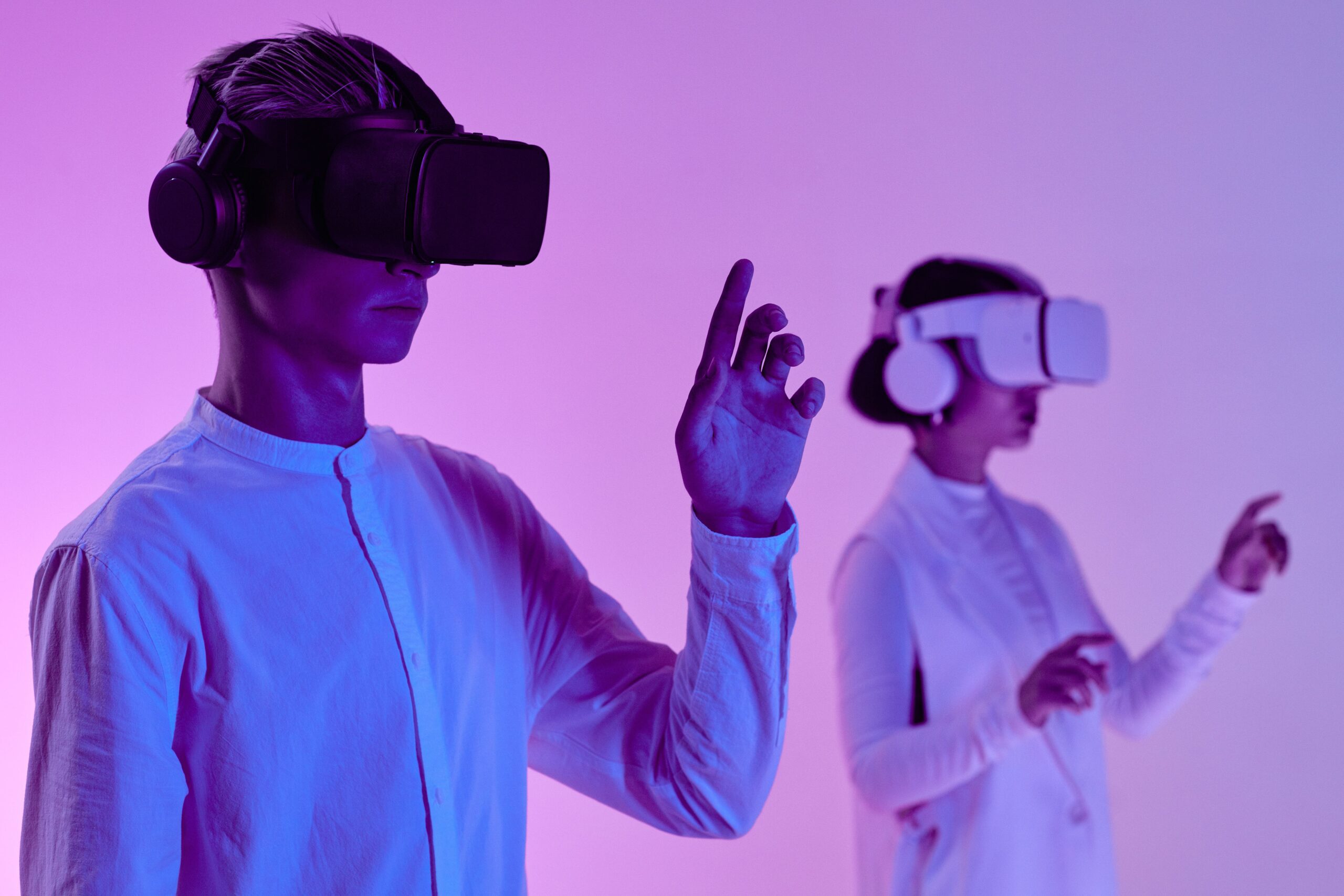- Monday to Sunday 08:00 - 20:00
- +353 (0)1 267 8011
- info@healthcareabroad.ie

Much concern has been raised recently on how Artificial Intelligence (AI) may pose a threat to humanity.
Of course there are genuine concerns with this new technology.
But what about the positive impact it may have on our healthcare?
AI has the potential to transform the work of doctors, nurses and hospitals and help patients get better care.
AI essentially means smart machines that can perform tasks normally done by humans.
They will help advance medical diagnostics,
spot diseases faster and more accurately than humans.
AI is already helping to speed up clinical trials and find new treatments, as it can identify the best molecules for new drugs quicker than humans.
Artificial Intelligence will talk to people in their homes, monitor their vital functions and engage with them to keep them mentally & physically active.
We will see a new era of virtual nurses and more precise surgery.
Doctors will be able to monitor a much wider range of vital signs in real time.
It will free up time for doctors from transcribing prescriptions for example, help monitor patients during complex surgery and serve as a second opinion to doctors.
Waiting lists should be better managed.
AI can match patient symptoms to an appropriate doctor, assist in patient diagnosis and patient prognosis.
It will help translate languages, transcribe notes, and organise images and files.
AI will be instantly able to find which physicians are on call and help in scheduling the next available appointment.
Potentially for people seeking healthcare abroad, it could assist in speeding up the paperwork and identifying the right hospital for the fastest and best value care.
It will be able to find the best flights and accommodation for patients travelling.
Welcome to this brave new health world that awaits us all.
